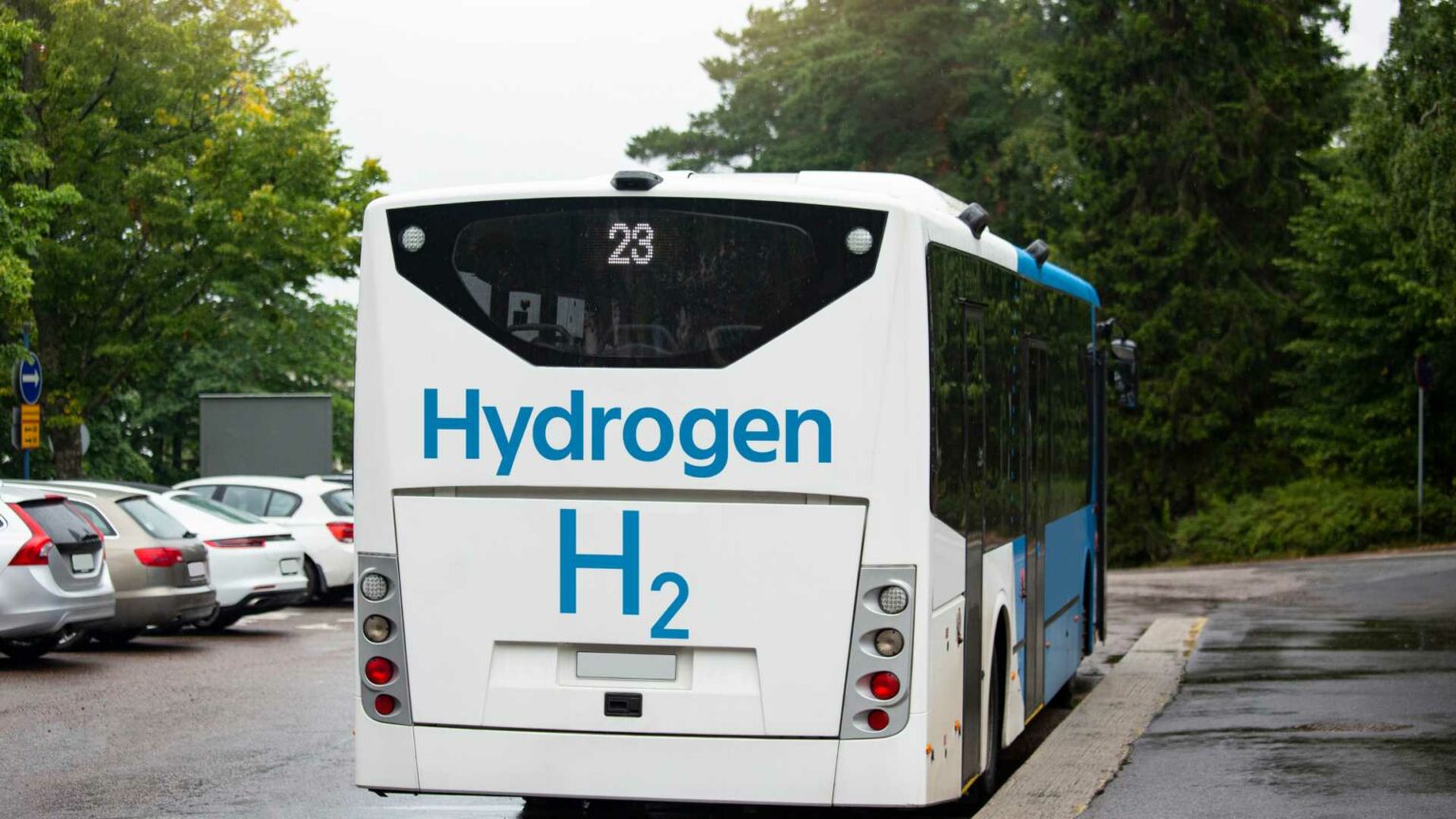The decision to purchase 25 hydrogen buses in the Friuli Venezia Giulia (FVG) Region has sparked a wave of skepticism, with councilors Giulia Massolino, Massimo Moretuzzo, and Marco Putto expressing serious reservations.
Their concerns revolve around the efficiency and sustainability of the hydrogen supply chain, particularly in the absence of dedicated gas pipelines in the region. The regional transport councilor, Cristina Amirante, now faces questions about the studies and agreements that led to this decision, as well as the potential challenges posed by the hydrogen transportation method.
Massolino emphasizes the presumed use of trucks equipped with cryogenic tanks or tank trucks for transporting hydrogen due to the lack of dedicated pipelines. This method, according to the councilors, raises environmental, economic, and safety concerns. The cost of batteries and fuel cells, as well as the substantial consumption of fresh water in hydrogen production, are additional factors contributing to their skepticism. Comparisons with decisions in Germany, France, and the United Kingdom, where similar hydrogen initiatives faced cancellations, further heighten doubts about the feasibility of the FVG Region’s plan.
Referencing Germany’s abandonment of a hydrogen train project after a decade of studies and the cancellation of hydrogen bus plans in Montpellier and Glasgow, the councilors question the FVG Region’s approach. They point to the high costs associated with hydrogen-powered transportation and the challenges faced by other cities and countries, urging a reevaluation of the decision.
In response to the councilors’ stance, Roberto Novelli, regional councilor of Forza Italia, accuses the left of hindering progress. He highlights hydrogen as a green solution, supported by European funding, crucial for decarbonization and sustainable development. Novelli criticizes the skepticism, framing it as a conceptual error and a hindrance to a cleaner and more efficient energy supply system.
As the FVG Region aims to lead a cross-border hydrogen valley project, the challenges raised by the councilors add complexity to the initiative. The balancing act between environmental goals, economic viability, and safety considerations requires careful consideration. The project, uniting FVG, Slovenia, and Croatia, envisions emission reduction and increased renewable energy production. However, it faces a test of conviction and patience in the wake of growing uncertainties.
